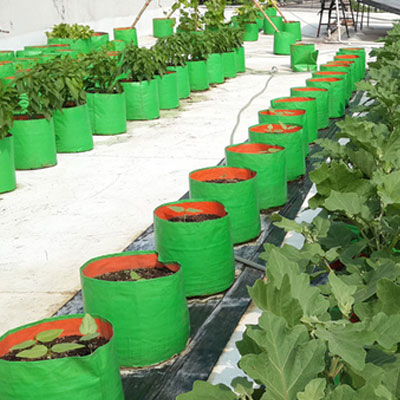×
- Home
- About Us
- Services
- Commercial & Industrial
- Water Falls/Fountain/ Pond
- Garden Stone Work/ Walkway
- Gazebo (Hut)
- garden pebbles work
- Pergola
- Sprinkler and irrigation systems
- landscape designs
- Garden lightings
- Fencing/ screen planting
- Redsoil / manure wholesale
- wooden bamboo bridge
- all kind Planter pots
- Plants wholesale
- Civil works
- Farm Developments
- Organic Vegtables Garden
- Gallery
- Contact


